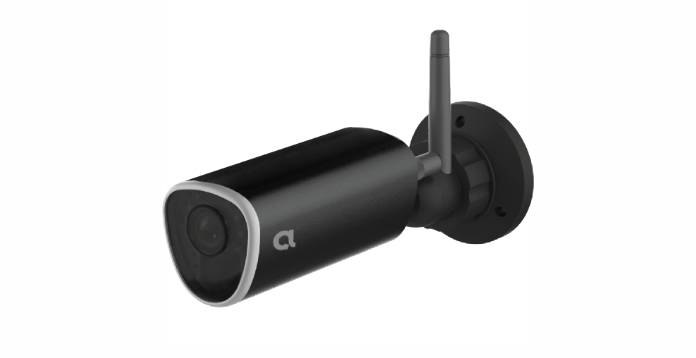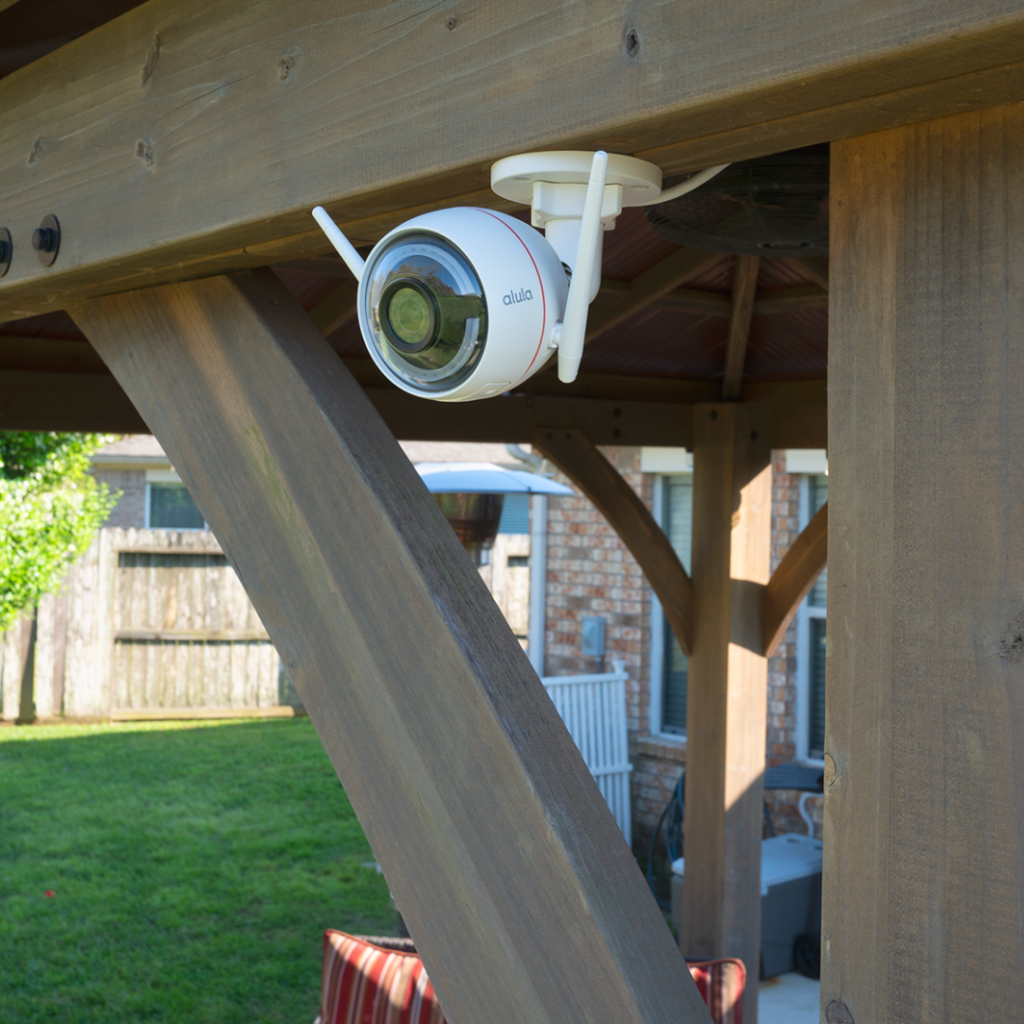With so many different security camera options on the market, it can be hard to know what kind is right for you. Should you try to install cameras yourself or have a professional security company install cameras? We’ll list below the pros and cons of do-it-yourself (DIY) cameras versus professionally installed cameras.

DIY Cameras
Pros:
- Can install them yourselves
- Can be less expensive
- Low or no monthly expense
Cons:
- You are responsible for installing them
- You are responsible for maintenance
- You are responsible for replacement when upgrades are required
- Personal information may be released
- Cameras may not be secure/private
- No warranty
Professionally installed cameras
Pros:
- Expert technician installs cameras
- Professional security company assists with maintenance and/or troubleshooting
- Personal information is secure
- Cameras are private and secure
- 1-year warranty for most cameras
Cons:
- Can be more expensive due higher quality and security
- Low monthly fee for storage or access
1. What happens to my personal information when I register into the app of my new system?
Many DIY systems are designed to sell hardware. They are associated and viewed through a mobile app. The personal information you enter may be sold to a 3rd party or different app. Often you have no control over what happens to your information.
2. How secure or private are the cameras?
This can vary based on the cameras, the software behind the cameras, and your network security. Many high-end security dealers sell cameras that offer point-to-point, virtual private network (VPN) encryption. A VPN is like a virtual hardwire into your network, and with encryption, basically scrambles your IP address, making it almost impossible to hack into.
Also, earlier in 2022, new regulations were set it place by the Federal government that requires all camera systems in Federal and State buildings to be NDAA compliant. This new legislation is called the National Defense Authorization Act (NDAA). This requires video manufacturers to make changes to their systems to ensure there is not a back door route into these cameras. This legislation is new, so there are still several systems being sold that are not yet NDAA compliant.
3. What is the warranty on my new camera system?
Most DIY camera systems have no warranty since you install them yourself. However, most professional installation companies offer a 1-year warranty on the systems they sell and install.
4. Why is there a monthly charge for security cameras?
Some DIY camera systems do not offer a video storage so you can only view real time video. Others have a local storage SD card for history but nothing is stored to the cloud. Local storage is common, but SD cards do fill up and they are easily removable, so your camera’s history can be lost or shared.
Professionally installed cameras may have a monthly fee for cloud storage or video clip history with a VPN, which is the most secure. Fees also support back-end software that integrate cameras to home security systems to ensure customer security and safety.
5. Who do I call for service if I can’t get my camera system to work?
With DIY camera systems, you must call the manufacturer or you can troubleshoot online. However, you will be your own service person. Common reasons that your system may not work are often based on the infrastructure located at the home or business, so you receive very little guidance from manufacturers on self-installed systems.
With professionally installed systems, you can call the security dealer for troubleshooting or have a technician there in a few days to work out the issues.
In the end, there are pros and cons to DIY cameras and professionally installed cameras. Upfront, DIY systems may seem less expensive, but you should consider maintenance, troubleshooting, and privacy issues before making a purchase.
At Heartland Security, we pride ourselves on our service. We will conduct a free site visit to learn more about what you are trying to achieve with your camera installation, and we’ll give you a no-obligation estimate. For a free security analysis, contact us or call 888-264-6380.

